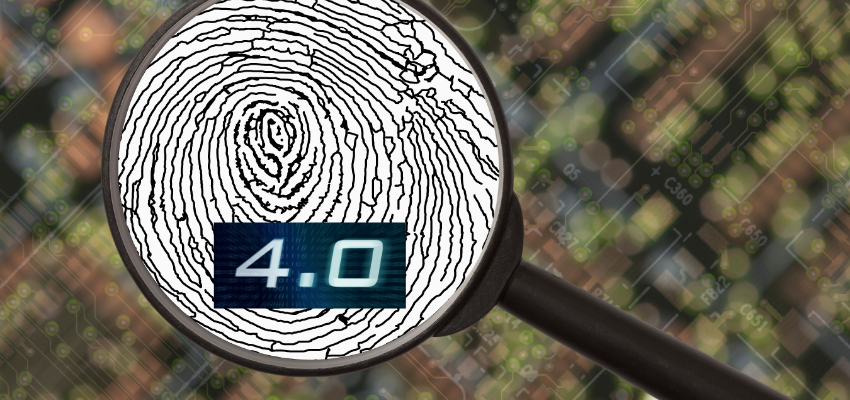
A professional approach relies on models based on use cases, recovery of deleted files, audio transcription, facial recognition, artificial intelligence, machine learning nuances, among other resources
Over the past 20 years we have experienced moments of crisis that significantly impacted the routine of populations around the world, such as the terrorist attack upon the World Trade Center Towers at the beginning of the new millennium, the bursting of the United States subprime crisis in 2007 and, now, the global pandemic caused by the coronavirus SARS-CoV-2.
When we analyze the impacts of crises on organizations, we may observe that unplanned events, such as those mentioned above, significantly affect the continuity and survival of companies on a global scale.
Some other factors, such as errors, omissions, failures in internal controls, fraud, or misconduct of an internal and/or external nature, also increase the exposure of companies, in addition to causing financial losses or image damages.
The challenge we encounter when conducting corporate investigations in times of crisis, especially now during the pandemic caused by Covid-19, is associated with a set of factors that need to be adjusted. As there are restrictions on travel by teams, exploratory interviews occur in a non-face-to-face form, multidisciplinary interactions with specialists become less frequent and the presentation of results may generate additional doubts and clarifications.
If, on the one hand, we notice an increase in the number of investigations in crisis events, on the other hand we need to rethink how we conduct the investigation process, considering the new technologies and techniques in the era of Forensic 4.0.
In the traditional model, the conduct of an investigative process considers the realization of planning activities, identification of targets, interviews, collection, processing, sorting and analysis of data, production, and presentation of results.
The Forensic 4.0 approach brings together a set of techniques and tools that, when applied in an integrated manner, reduce the number of false negatives or false positives, as well as generate a knowledge base that may be applied in other similar events.
Among the main features incorporated in this methodology, we may list some elements that stand out and deserve our attention, such as the use of models based on use cases, the recovery of deleted files, audio transcription and facial recognition, the use of artificial intelligence and machine learning, as well as the creation of the knowledge base and risk profile.
Numerous use cases
It is important to highlight that some of the techniques and tools described above are already available and may be used. Some examples of applicable use cases that deserve to be pointed, especially in times of crisis, may be used in situations such as identity theft and unrecognized purchases in e-commerce, fraudulent bank transactions and money laundering, data leakage and theft of intellectual property, M&A operations and judicial and extrajudicial disputes, as well as crimes against the tax authorities and investigation of allegations of moral and sexual harassment, frauds and corruption.
In all the cases mentioned above, the complexity of the investigation may be greater or lesser, depending on the magnitude and relevance of each case. However, in all cases, a central objective must to clarify the answers to the following questions: what happened ?, when it happened?, how it happened?, who is responsible? and, if possible, how much was diverted from the company?.
Additionally, we must make the techniques applied during the investigation more flexible in the face of the “new normal”, but for this it is important to reflect on how we performed in the past, what works or not in the present and how to prepare to deal with new technologies, considering our new remote work environment and decentralized operations.


